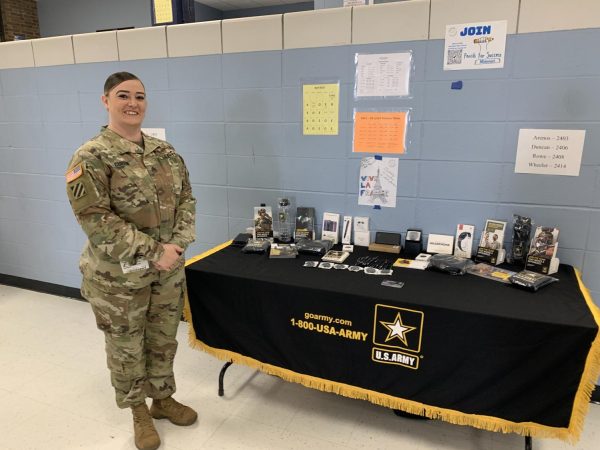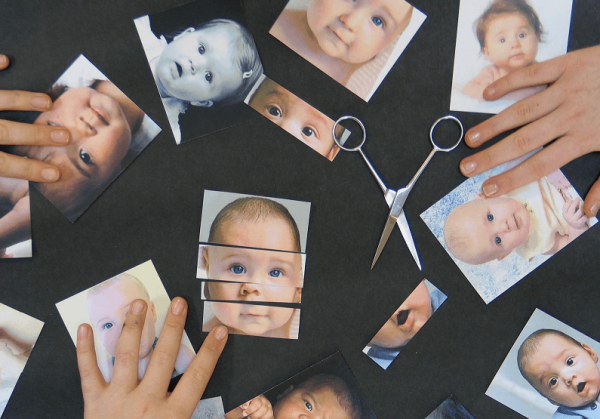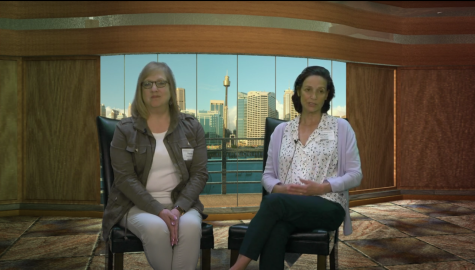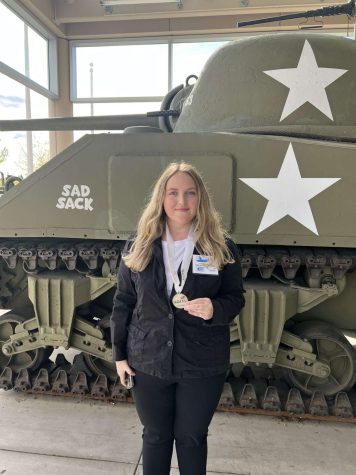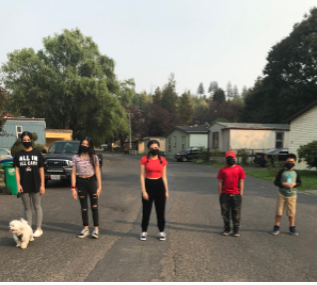Learning Civil Discourse In Unsettled Times
Some teachers in North Clackamas say they have heard reports that their students are fearful in expressing their political beliefs. Compass reporters spent time speaking with 18 students from Clackamas High School to uncover whether or not they have been in an uncomfortable position after expressing their opinions, and most of them replied with a yes. “I get derogatory comments if I share my political opinions, like, your opinion is stupid, and so you shouldn’t say it,” said Rex Pelker, a Junior and a Republican at Clackamas High.
School may have created an environment where students can not have a civilized discussion with their classmates. There is not enough effective ways to create a safer space for students to exchange dialogues, especially since these derogatory responses were left unnoticed or overlooked. Jayne Smith, a Democratic sophomore, stated that she also had an unsettling experience expressing her belief. “I was saying that I believe abortion should be legal but this girl interrupted me by throwing facts at me and would not let me talk.”
These experiences discourage students in speaking up in class and with others about their political beliefs, which threatens their freedom of speech. 81.8% of students that responded to our survey said that they had a bad experience with talking about their political opinions, and only 25% stated that they feel safe expressing their opinions, with the remaining 75% responding with ‘maybe’ and ‘no’.
Apparently, it is not just kids who feel unsafe. A study done by CATO Institute showed that 58% of Americans feel unsafe talking about politics. Actions need to be taken to create a safer environment for the public to share their perspective. Teachers need to be able to help students share openly by setting guidelines and creating an environment where civilized discussion can take place, so that in the future they have civilized discussions with others. It is also important to show the significance of an exchange in dialogues and understanding opposing views, since different perspective is inevitable. This can be achieved by incorporating more equity trainings which unify, empower and engage every student to create a positive and supportive environment.

